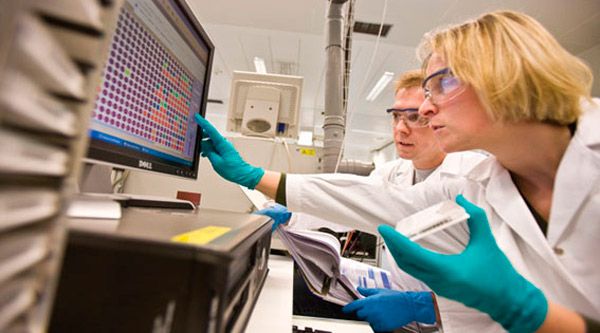
All iLive content is medically reviewed or fact checked to ensure as much factual accuracy as possible.
We have strict sourcing guidelines and only link to reputable media sites, academic research institutions and, whenever possible, medically peer reviewed studies. Note that the numbers in parentheses ([1], [2], etc.) are clickable links to these studies.
If you feel that any of our content is inaccurate, out-of-date, or otherwise questionable, please select it and press Ctrl + Enter.
Scientists have named the 5 rarest and most mysterious diseases
Last reviewed: 02.07.2025
Scientists have named the strangest diseases, the existence of which few have heard of, but despite this, they still exist. In reality, specialists have discovered a huge number of rare pathologies (more than 7 thousand in total), but every day, doctors around the world have to deal with new inexplicable conditions of the human body. Some pathologies seem so terrifying that it is quite difficult to believe in their existence.
A disease or disorder is considered rare if less than 200 thousand people in the country suffer from it, and the pathologies described below are considered by specialists to be the rarest, but still possible.
The "Alien Hand" syndrome manifests itself in involuntary actions of one hand, in some cases the legs. Usually, with this disorder, a person makes some movements, for example, begins to unbutton a shirt, stroke himself or others on the head, throw objects, etc., but in severe cases, one's own hand can behave aggressively. A similar case was described about 20 years ago - an elderly patient suffered from her own hand, which could hit her and even began to strangle her several times.
During an X-ray examination of patients, specialists found out that the pathology was caused by lesions in various parts of the brain, including those responsible for movement. Disorders of this nature most often occur after cerebrovascular accidents, diseases of the nervous system, brain tumors, and seizures. Now doctors note that such a disorder has not been encountered for several years.
Stone man syndrome or fibrodysplasia is characterized by gradual hardening of muscles and connective tissue. Over time, complete immobilization occurs, as if a second skeleton is growing on him. The disease begins with deformation of the thumbs, and problems with the respiratory system and motor activity also appear.
The pathology is caused by genetic disorders and is detected in 1 in 2 million people on the planet.
The walking corpse syndrome or Cotard's syndrome is a mental disorder. The disease was first described by Jules Cotard more than 130 years ago. With this disorder, the patient is sure that some parts of the body are missing, and is also sure that he is already dead, in connection with this he stops eating, drinking water, bathing and is constantly drawn to the cemetery.
The most striking case in the history of medicine was the case of a patient named Graham, who after a suicide attempt assured doctors that he was dead (Graham assured doctors that his brain was dead). But after the scan, the doctors were extremely surprised - the patient's brain was in a vegetative state, as if under anesthesia or in a sleepy state (coma).
Alice in Wonderland syndrome is a disorder of world perception. The pathology was named after Lewis Carroll's work of the same name.

With this pathology, patients usually see their body parts differently - they seem larger or smaller than usual. Most often, the pathology is detected in children, usually in adolescence the disease passes, but sometimes a person can suffer from it all his life. The reasons for the development of the disease are not yet clear.
Water allergy seems like a rather strange disease, since a person consists of more than half water. In medicine, this condition is called aquagenic urticaria and is expressed in severe itching of the skin after water gets on it. With this pathology, a person cannot bathe, get caught in the rain, swim in a pool or the sea, etc., in addition, their own tears can provoke severe itching. Since the allergy is not caused by chemical irritants, antiallergic drugs do not help.
 [ 1 ]
[ 1 ]
